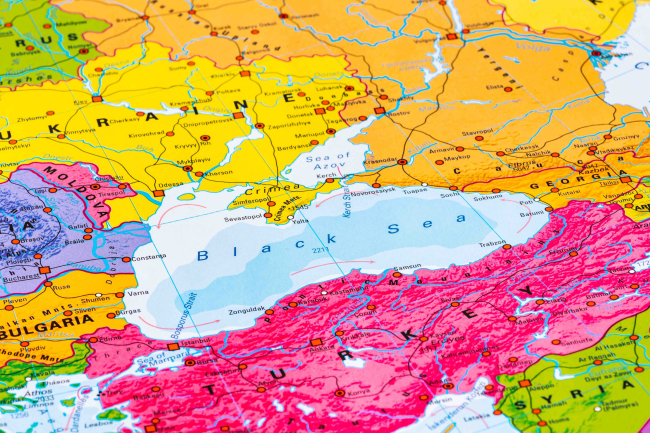Local Momentum for Global Governance: The Management of Industrial Accidents and Transboundary Water Pollution. The Baia Mare Cyanide Spill, Romania 2000.

Practical information
How should we manage cases of transborder industrial pollution? The results of the first case study of the Health&Environment programme will be presented during a closed discussion seminar, with Pr. Bernard Barraqué as a discussant (AgroParisTech - ENGREF).
This discussion seminar will be the occasion to discuss the results of the first study of the programme. Through the study of a case of transborder industrial pollution between Romania and Hungary in 2000 (cyanide and heavy metal pollution in one of the Danube"s affluent river), and the review of existing empirical research on the subject of transborder industrial pollution, this study seeks to elucidate the process through which transborder industrial pollution is conceptualised as a security issue by states, and the tools and new governance options through which they address the issue. A prospective analysis of future developments will be provided, as well as policy-oriented recommendations on the management of transborder pollution and of the conflicts that may arise from it.
This is a closed seminar. Attendance is limited and upon registration only.
Other events

Affirming European Security in Ukraine and the Black Sea Region
European security has been challenged in 2022 with the full-fledged invasion of Ukraine by the Russian Federation.

Post-war Europe: How to Redefine a Security Architecture Within a New Transatlantic Framework?
A new European security architecture has to be built. The question is: will this happen with or without Europe? The US President, Donald Trump, who returned to the White House a little more than two months ago, and the President of the Russian Federation, Vladimir Putin, have initiated talks to put an end to the war in Ukraine, with the possibility of Ukraine ceding territory to Russia being raised.

Doing Politics in African Cities: Actors, Causes and Forms of Urban Social Mobilization
From Maputo to Nairobi and from Lagos to Dakar: recently, African cities have been the theatre of mobilizations by groups of young protesters.








